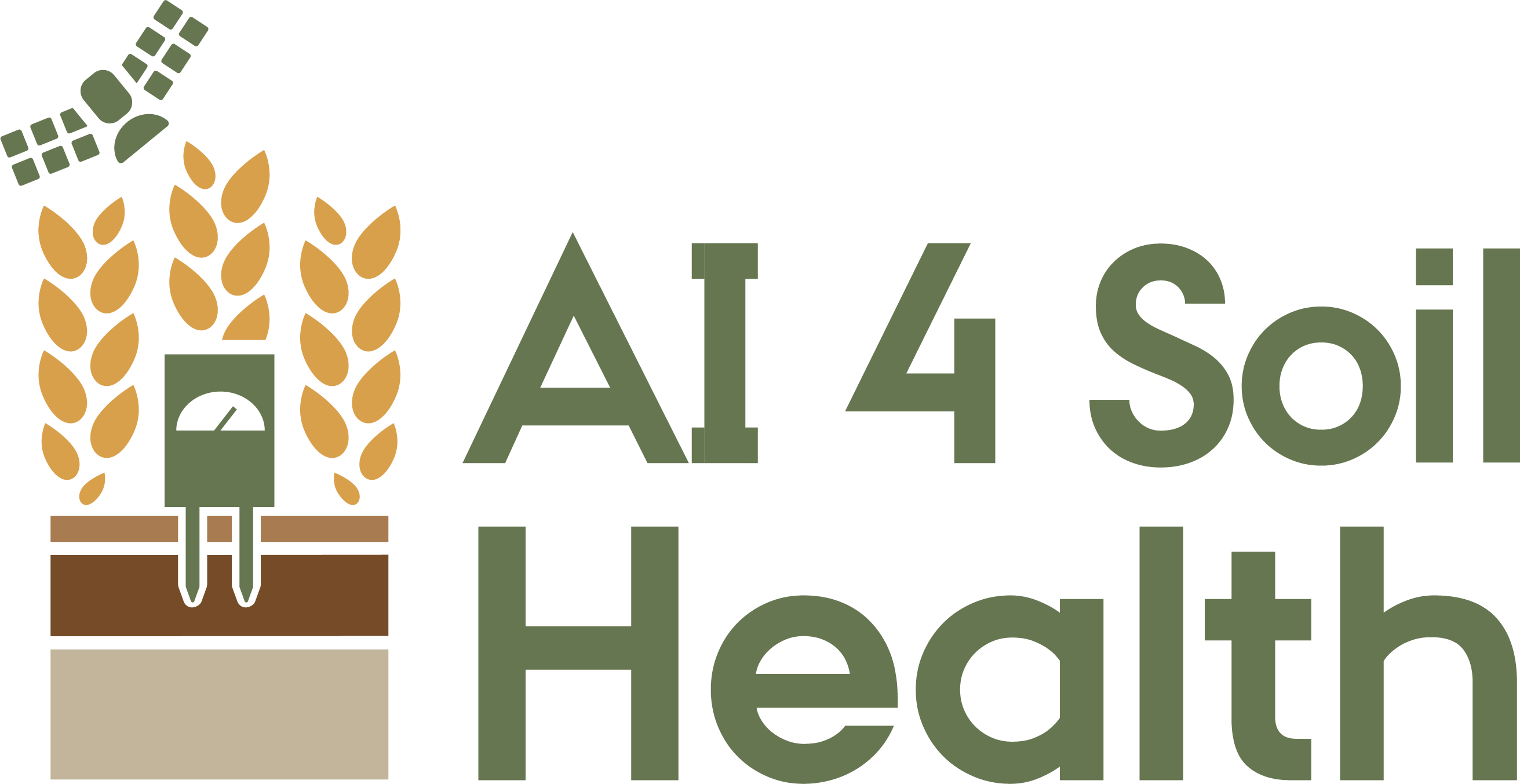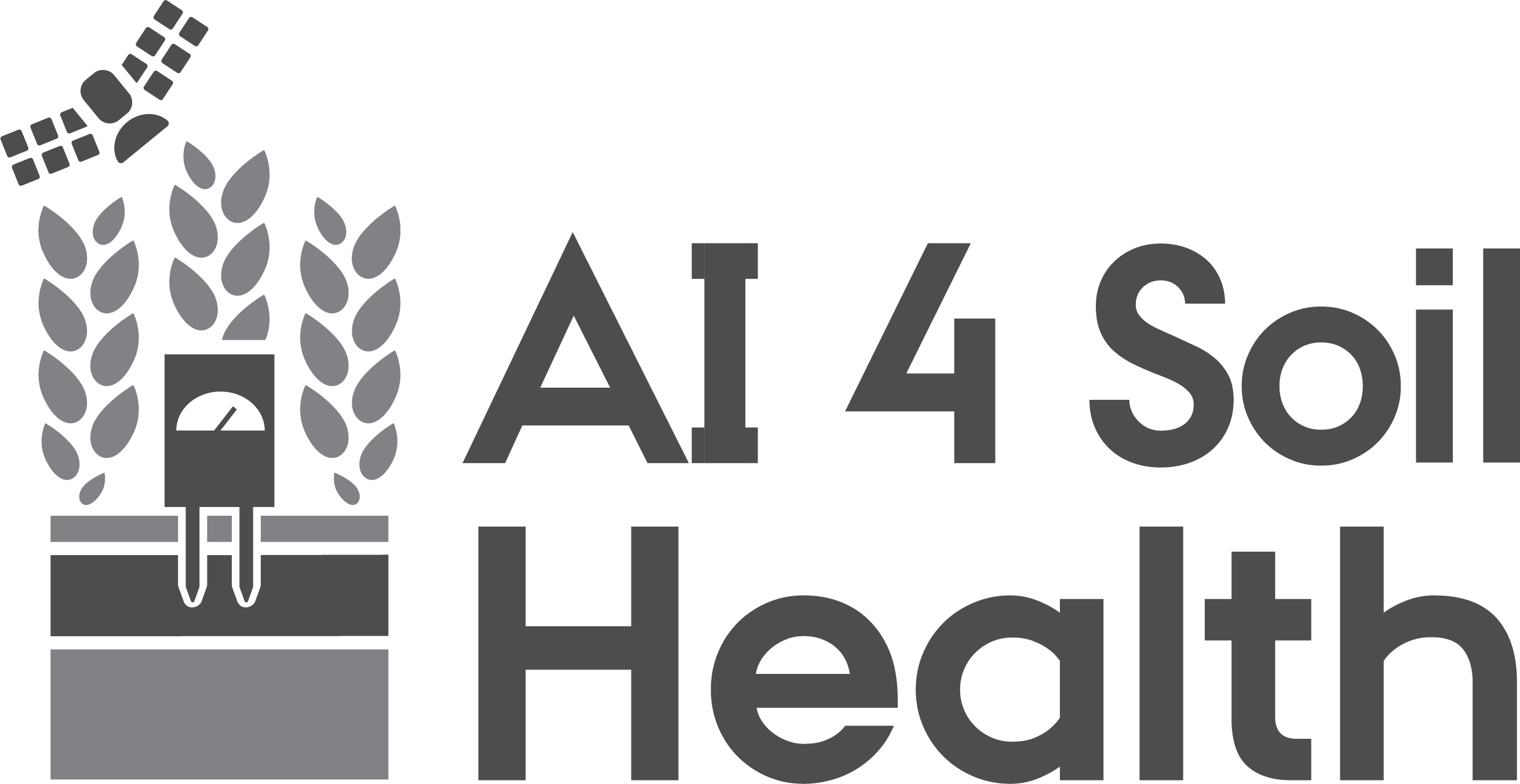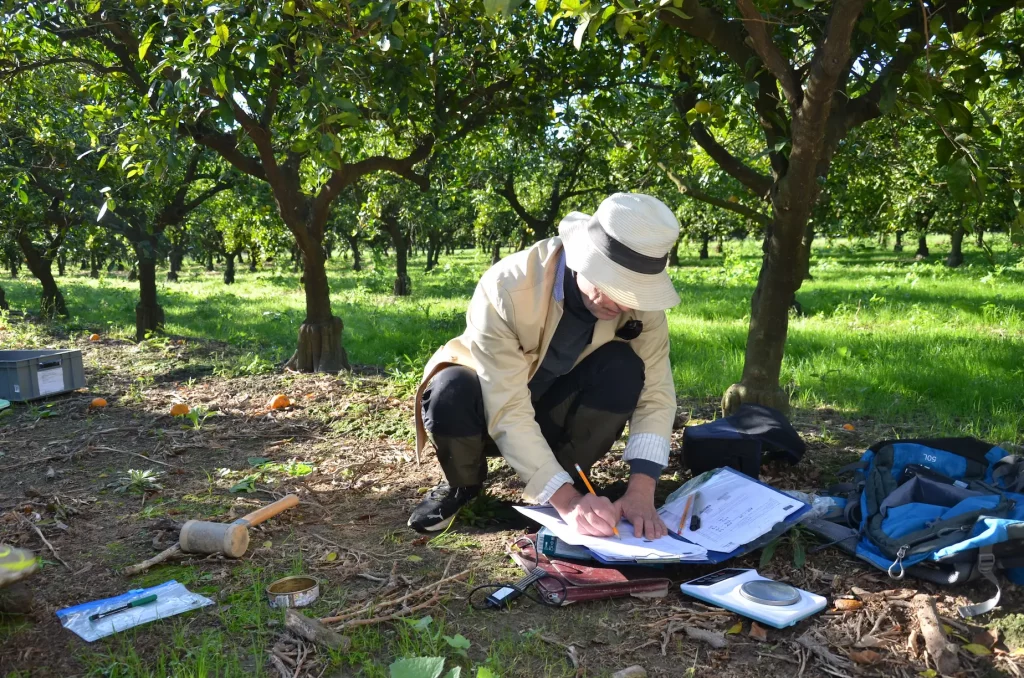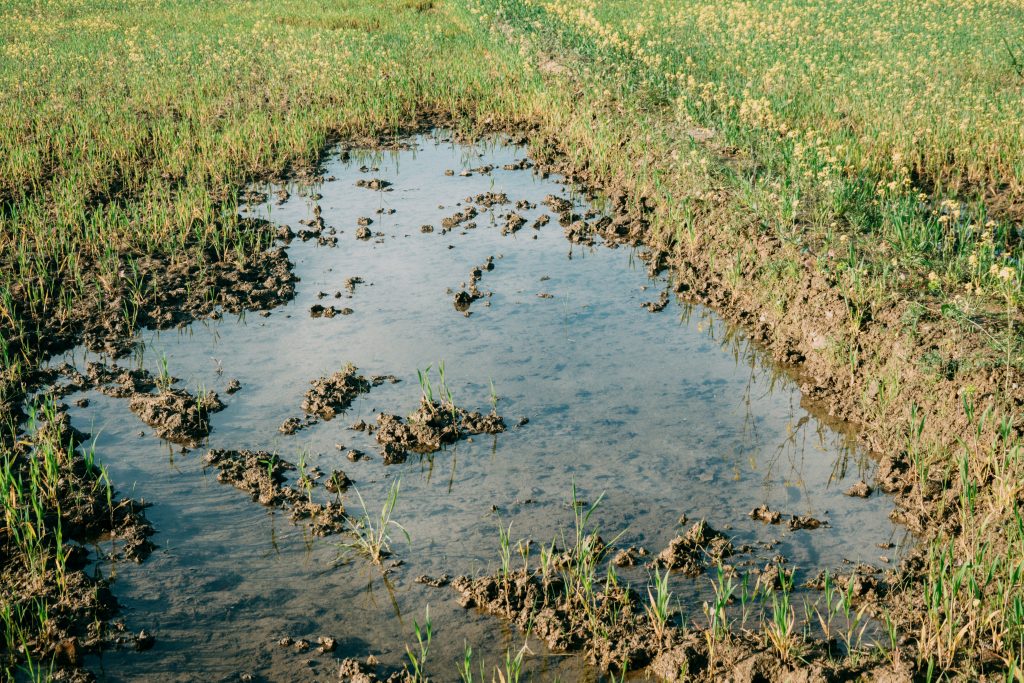In December AI4SoilHealth was in Budapest to learn about the latest agricultural policy discussions taking place in Eastern Europe – which improved soil monitoring could support. This blog, by Giovanna Giuffrè, gives an overview of these challenges and demonstrates where AI4SoilHealth’s tools could be useful in the Eastern European context.
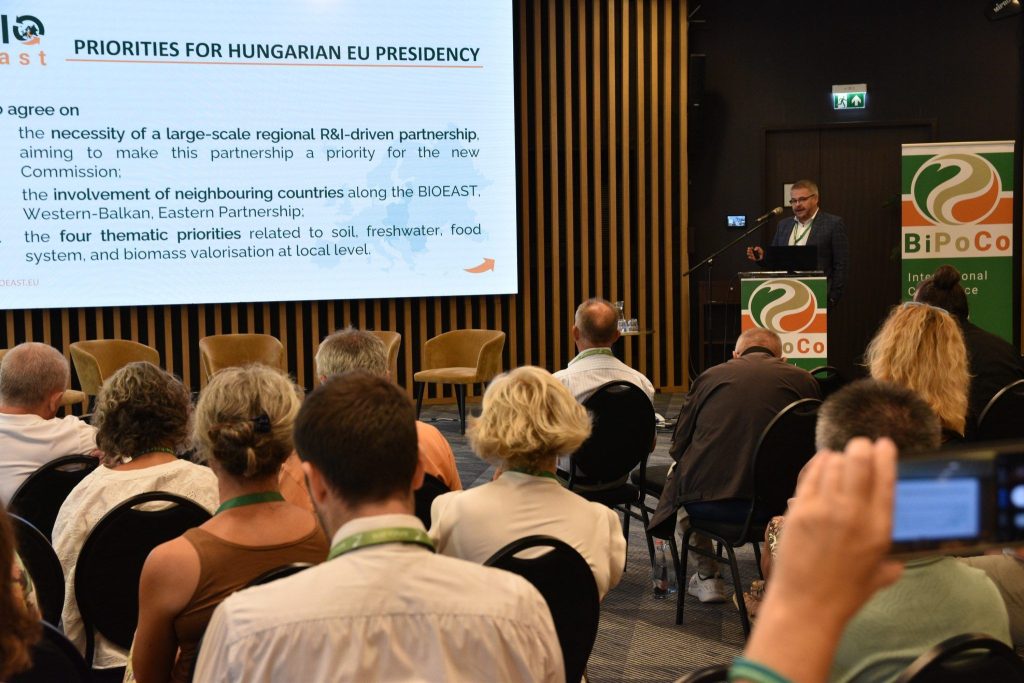
Healthy soils fundamental to long term stability
Eastern Europe faces a complex web of challenges when it comes to soil health and agriculture. A recent high-level conference, “Partnering for the Future: BIOEAST and Beyond,” held in December 2024, brought together key stakeholders to discuss these issues, highlighting the urgent need for integrated, data-informed policies and stronger international cooperation. The conference served as a crucial platform to address the region’s vulnerabilities and explore potential solutions, particularly in the context of the EU’s broader sustainability goals.
The conference underscored the critical link between soil health and several overarching themes: strategic autonomy, food security, agricultural reform, and data-driven innovation. It’s clear that healthy soils are not just about food production; they’re fundamental to the region’s economic stability, environmental resilience, and long-term sustainability.
The triple planetary crisis and its impact
One of the most pressing issues discussed was the impact of the “triple planetary crisis” – climate change, biodiversity loss, and pollution – on Eastern European agriculture. The region’s vulnerability to these interconnected challenges necessitates a shift towards more sustainable farming practices. This includes exploring reduced input farming, which can enhance competitiveness while simultaneously improving environmental resilience. Furthermore, the conference emphasized the importance of a holistic ecosystem approach, recognizing the intricate relationship between carbon, water, and nutrient cycles within the soil.
Geopolitical instability and food security
The war in Ukraine and related geopolitical instability have further exacerbated the region’s agricultural vulnerabilities, highlighting the urgent need for strengthened transnational cooperation and increased investment in climate adaptation and resource security. Eastern Europe’s role in European strategic autonomy, particularly concerning food security, was a prominent theme. The bioeconomy was identified as a key enabler, offering potential solutions for balancing economic growth with environmental sustainability and social equity.
The role of data and innovation
A recurring theme throughout the conference was the need for data-driven policies and innovation. Digital platforms, living labs, and regional partnerships were proposed as mechanisms for fostering innovation and ensuring inclusivity, with particular attention to Eastern Europe and the Western Balkans. The integration of data and technology, including the potential of AI, is crucial for developing transparent, science-based decision-making tools. This is where initiatives like AI4SoilHealth become particularly relevant, offering the potential to contribute to the evaluation of farming practices, support knowledge exchange, and ultimately, improve soil health outcomes.
Stakeholder engagement and policy coherence
However, the transition to data-driven agriculture requires more than just technology. Stakeholder engagement, particularly with farmers, is paramount. The conference emphasized the need for regional cooperation, farmer-led innovation, and enhanced knowledge-sharing networks. Building trust and addressing potential skepticism, especially regarding new technologies and policies, is critical for successful implementation.
The conference also highlighted the importance of policy coherence. The upcoming review of the Water Framework Directive presents an opportunity to harmonize policies on water-soil-climate management, ensuring better integration and effectiveness. The creation of the European Board for Agriculture and Food (EBAF) signals a commitment to strengthening cooperation between environmental and agricultural priorities.
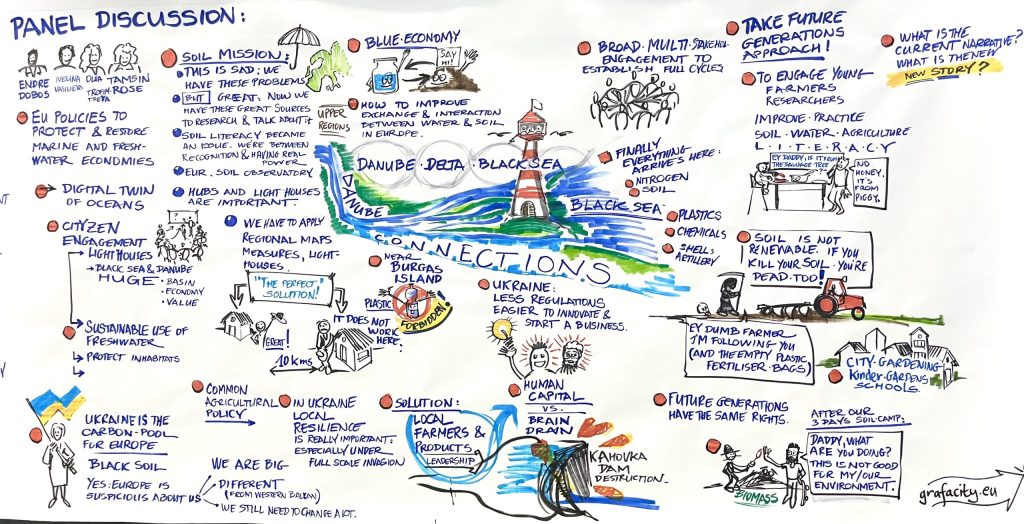
Conclusion: A roadmap for the future of Eastern Europe’s agriculture
In conclusion, the “Partnering for the Future: BIOEAST and Beyond” conference served as a timely reminder of the critical challenges facing Eastern European agriculture and the central role of soil health in addressing them. The call for data-driven solutions, stakeholder engagement, and policy integration provides a roadmap for future action. Initiatives like AI4SoilHealth have a significant role to play in this process, offering the potential to unlock the power of data and technology to improve soil health, enhance agricultural resilience, and contribute to a more sustainable future for Eastern Europe. The region’s success in navigating these challenges will depend on its ability to embrace innovation, foster collaboration, and prioritize the long-term health of its soils.
The conference was organised as part of the Budapest Soil Health Forum. You can access more resources from the day here.
